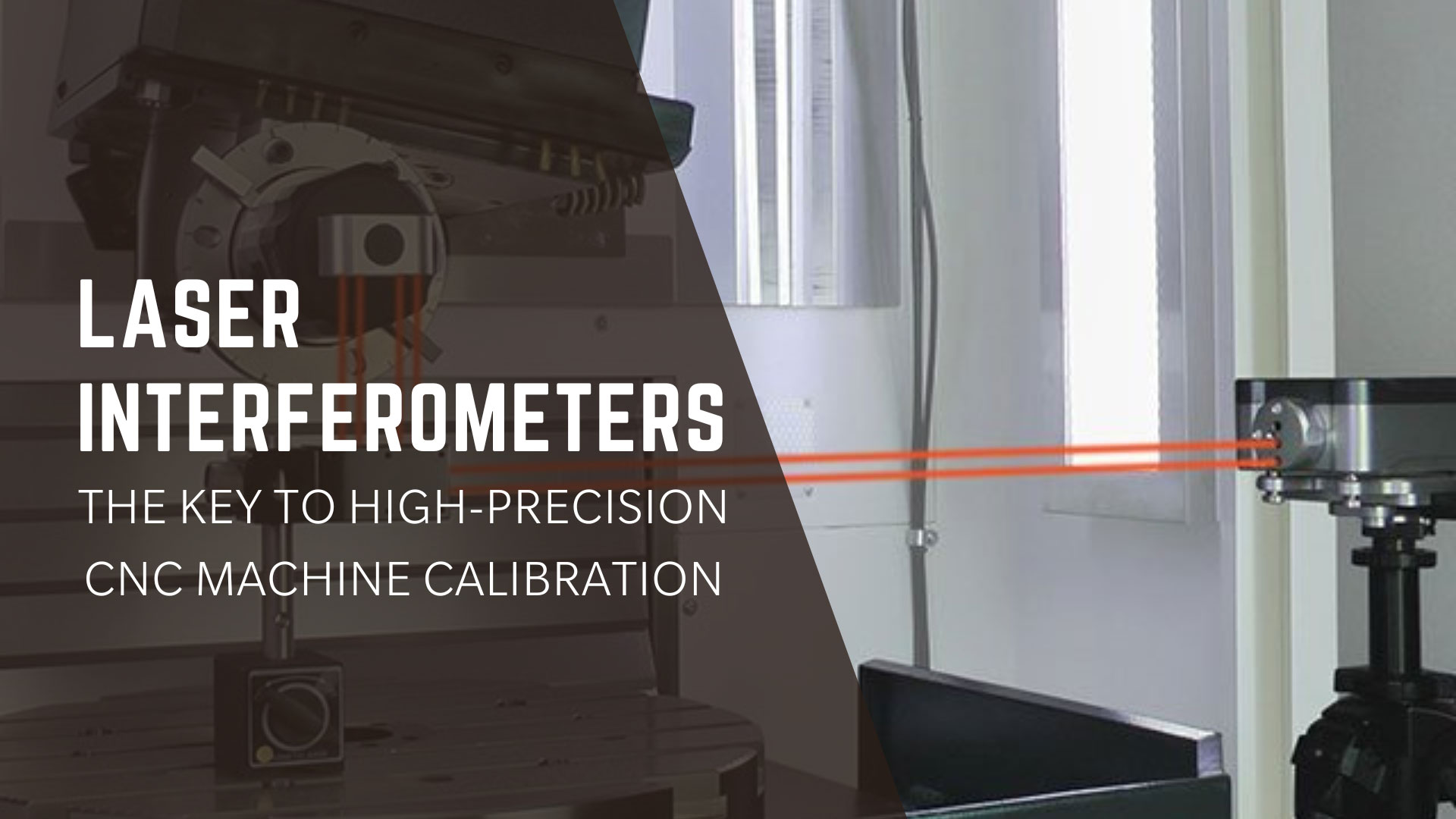
In today’s manufacturing world, CNC machine calibration plays a critical role in ensuring high accuracy and precision. One powerful method to achieve precision for this technology is through laser calibration. Precisely, laser interferometers provide accurate measure, which becomes an essential tool for calibration services. This blog will explain how laser interferometers work in CNC machine calibration, its benefits, and why regular calibration at an NABL-accredited calibration lab is necessary.
Laser calibration uses interferometry to measure the displacement of moving components in a CNC machine. The basic principle involves emitting a laser beam that reflects off a target or mirror and returns to the laser interferometer. This interference pattern allows for precise measurement of linear or angular displacements, which is key for CNC machine calibration.
Principle of Operation
In CNC machine calibration, laser interferometers measure movements along the X, Y, and Z axes. This ensures that each axis of the CNC machine operates within its designated tolerance, enhancing precision in the manufacturing process.
Laser interferometers offer several advantages for CNC machine calibration, making them indispensable in calibration labs and calibration services:
Regularly calibrating CNC machines using laser calibration tools ensures that the accuracy of the machines is maintained over time. Professional calibration services will detect misalignment or any inaccuracies early, so costly errors during production will not happen. It is recommended to do routine laser calibration in a NABL-certified calibration lab to enable the machine to optimize performance.
The application of laser interferometers in CNC machine calibration delivers better accuracy, reliability, and overall performance of CNC equipment. Manufacturers can deliver proper high-quality output with less waste through regular laser calibration by a NABL-accredited calibration lab. Calibration service from Roots Metrology will help your business operate your CNC machine at peak accuracy.